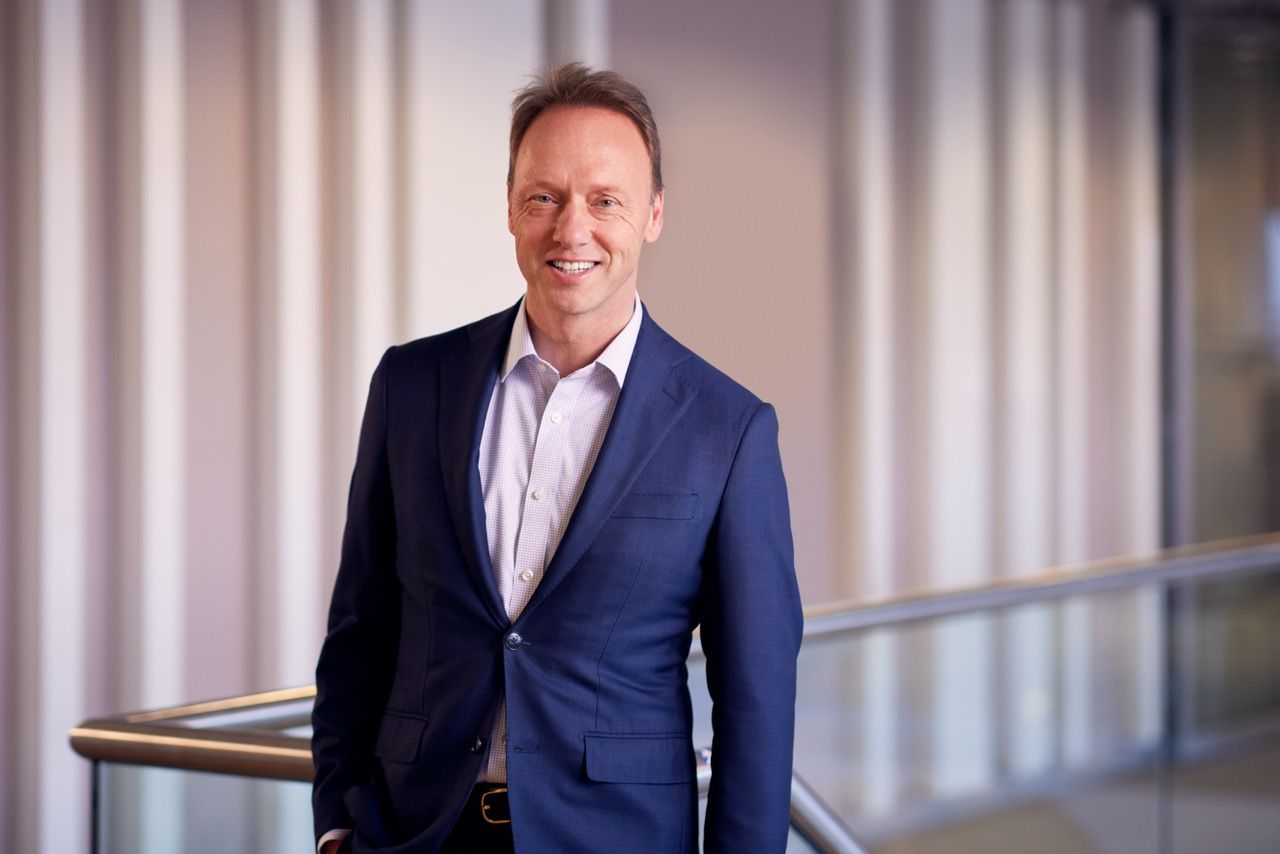
Unilever has dialled down some of its sustainability targets in order to become more focused on “allocating resources”.
Setting out the agenda, CEO Hein Schumacher described three “key shifts” Unilever is taking under the Growth Action Plan the former FrieslandCampina chief has put in motion since taking up the role last year.

Discover B2B Marketing That Performs
Combine business intelligence and editorial excellence to reach engaged professionals across 36 leading media platforms.
In a statement today (19 April), Schumacher outlined the trio of priorities. He said Unilever would be “be more focused in allocating our resources towards our biggest sustainability priorities; be more urgent in driving actions towards our long-term ambitions; [and] be more systemic in our advocacy to address the enablers and blockers of progress outside of our direct control”.
As part of those objectives, Unilever will concentrate on four “sustainability issues” encompassing the climate, nature, plastics and livelihoods.
Schumacher did not provide the finer details, which for some aspects have quietly been put up on Unilever’s website. The key changes revolve around targets for cutting the use of virgin plastics, making packaging recyclable or reusable, support for SMEs and promoting the living wage in the supply chain.
After previously pledging to cut the use of virgin plastics by 50% by 2025, Unilever has now downgraded that goal, aiming for a 30% reduction by 2026 and 40% by 2028.

US Tariffs are shifting - will you react or anticipate?
Don’t let policy changes catch you off guard. Stay proactive with real-time data and expert analysis.
By GlobalDataA commitment to make all of Unilever’s packaging recyclable, reusable or compostable by 2025 has now been pushed back to 2030 for rigid materials and 2035 for flexible components.
“The reality is that Unilever’s sustainability agenda covers a wide range of issues,” Schumacher said in the statement, albeit not referring to those measures specifically.
“We have learned from experience that we need to be more focused in our allocation of resources to make tangible progress on the big, complex challenges we face.
“Our updated commitments are very stretching but they are also intentionally and, unashamedly, realistic. We want to set sustainability ambitions which are credible, which we believe we can deliver against, and which have real positive impact.”
A pledge to foster a living wage for all of Unilever’s direct suppliers by 2030 has been brought forward to 2026 but amended to cover only 50%.
Unilever had also previously committed to support five million SMEs in its “retail value chain” in growing their businesses by 2025 but that has been cut to 2.5m, although with the horizon extended to 2026.
Bloomberg, which first reported the changes this morning before Schumacher’s statement, suggested Unilever has dropped a pledge to provide €2bn ($2.1bn) annually to diverse businesses by 2025, and, to ensure 5% of the workforce is made up of people with disabilities over the same time scale.
Just Food has asked Unilever to clarify the accuracy of those two points.
The progress Unilever has made in some areas of its sustainability agenda was outlined in the company’s 2023 annual report.
That year, the use of virgin plastic was cut by 18%, from a 2019 baseline, building on a 13% reduction in 2022.
The use of reusable, recyclable or compostable plastic packaging as a percentage of total tonnes was 53% last year against the old 2025 goal, versus 55% in 2022 and 53% in 2021.
Unilever has already laid out its ambitions for greenhouse gas emissions (GHG), which included targets through the supply chain, or Scope 3, for the first time.
It pledged to reduce Scope 1 and 2 emissions by 100% by 2030 against a 2015 base year.
For Scope 3, Unilever broke down the target areas, aiming to lower its “energy and industrial GHG emissions” by 42% by 2030, compared to 2021.
In terms of GHG emissions from forest, land and agriculture – those from purchased goods and services associated with ingredients – Unilever is seeking cuts of 30.3% by 2030 from the same base year.
The two targets for 2030 represent a 39% absolute reduction in Scope 3 emissions. And by 2039, Unilever wants to achieve net-zero GHG emissions across the three scopes.
Schumacher said today: “At Unilever, we want to do fewer things and with greater impact. Our refreshed sustainability agenda – with more focus, urgency and systemic change – is no exception.
“We are determined to deliver against our plan, and are passionate about the difference it will make – to our business, and to our many stakeholders.”





